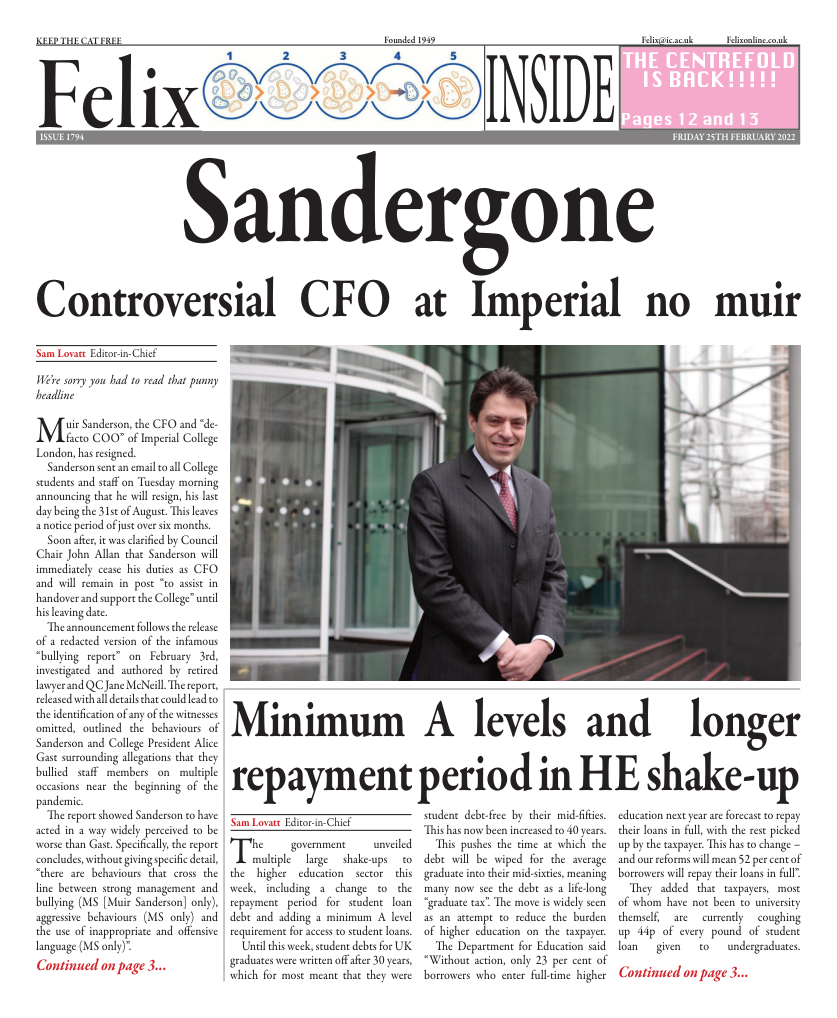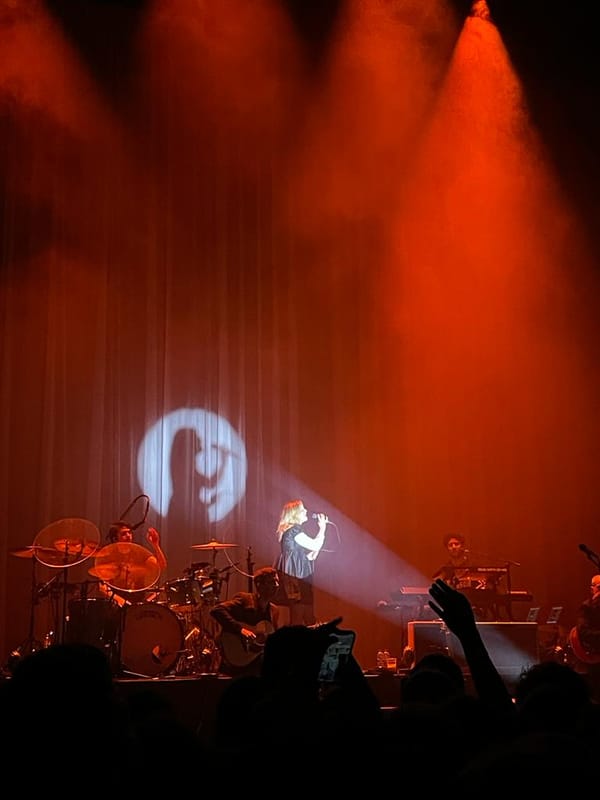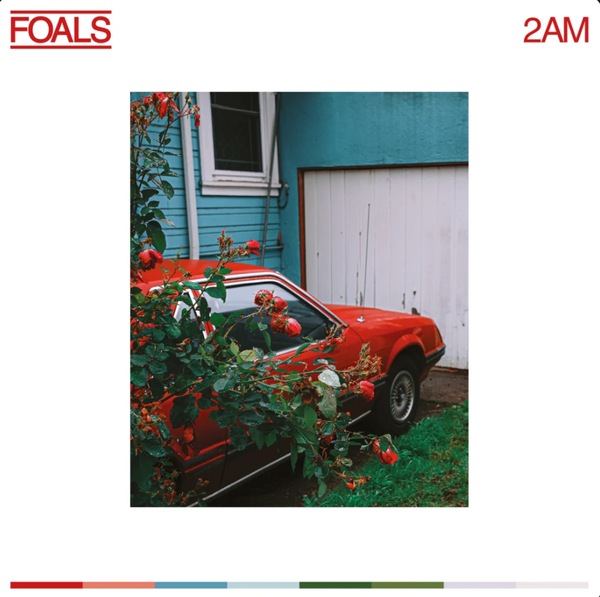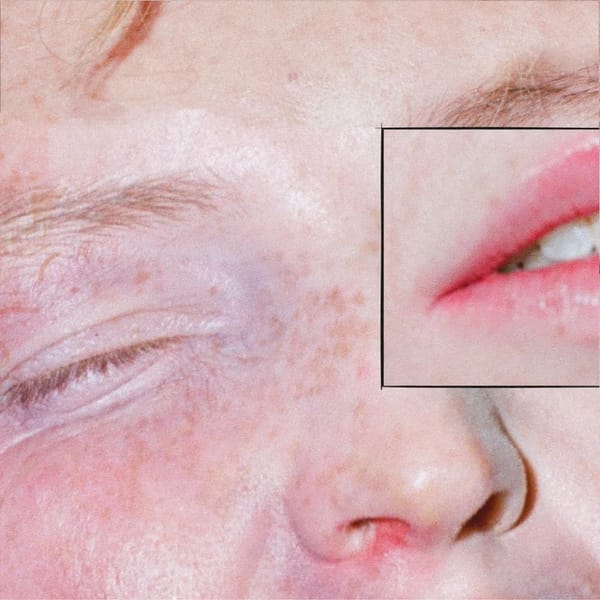A Very Bon Album Indeed: 'Pompeii' by Cate Le Bon
The Welsh songwriter made an album which completely stole my attention from BCNR – don't tell Rosie

I feel bad that up until a few weeks ago, I hadn’t given Cate Le Bon her time in my headphones’ limelight. I’d read multiple reviews of 'Reward', her previous effort before her newest album Pompeii, which hailed her as an innovative songwriter, blender of moods and genres, and I made a mental note to listen to her along with the many, many other new artists that I wanted to get through after deciding I wasn’t just going to listen to Radiohead all the time for the rest of my life. Unfortunately, she fell by the wayside, and only when I saw that her newest album was released did I come to appreciate what she had to offer.
Right now, though, I’m sitting awake at 1 AM on a Monday night trying to put into words exactly what makes this album review-worthy for me. I started writing for Felix with the original intent to talk about albums old and new which really affected me emotionally, which was why I opened with Mark Hollis back at the start of the year. This one is different, though. It’s been out for around three weeks now, and it’s basically all I’ve been listening to because it’s just… really good. Black Country, New Road released an album basically at the same time and I’ve left it for dead. I like this one more. Maybe I’ll give them their due later, but Le Bon is overdue at the moment.
'Pompeii' has been called her “poppiest” album to date, and it’s not hard to see why. In the various singles released, the groove and guitar carry her singing; the melody seems predictable enough, but the poetry in her words is another level of wordsmithy that one wouldn’t quite expect from current pop artists. “I get by pushing poets aside cause they can’t beat the Mother of Pearl,” she explains on "Moderation", perhaps the album’s catchiest single. She invites us to “Picture the party where you’re standing on a modern age,” which is a reference to an essay by Lina Bo Bardi chastising Man’s attempt at a moon landing when so many still live in poverty.
A lot of the songs in the album carry a similar air of strangeness. Whether it’s in Le Bon’s vocals or the warbling synths or saxophones that accompany her, it’s always there – only 40 seconds into the title track, the vibe changes suddenly. “Get dressed, you’re a mess, you’re a sight, did you dream about Pompeii?” Le Bon has said the song is a commentary on the ruins themselves – as a preservation of human suffering, how for the first time in so long they’ve been deserted during the pandemic, and how capitalism has commodified them. “All my life in sentiment / all my language is vulgar and true.” The nature of what Le Bon is talking about is in itself absurd here, and as a result, her ideas are clear and concise.
The musical climax comes with the single "Remembering Me" followed by the contemplative "Wheel" – songs that couldn’t be more different in the context of this album. In the former, Le Bon talks about the “Remake of my life,” emphasising the need to live in the present, not dwelling on previous mistakes. The song is lively, groovy, contrasting the melancholy in the words Le Bon sings. On "Wheel", there’s reminiscing, contemplating, and the song is slow, as if to give her some room – in the same way that Le Bon likes to escape to the likes of the Lake District to write and compose. “No prisoner, no peace.” she chants on the way out, ending this marvellous collection of dreamlike songs in style.









